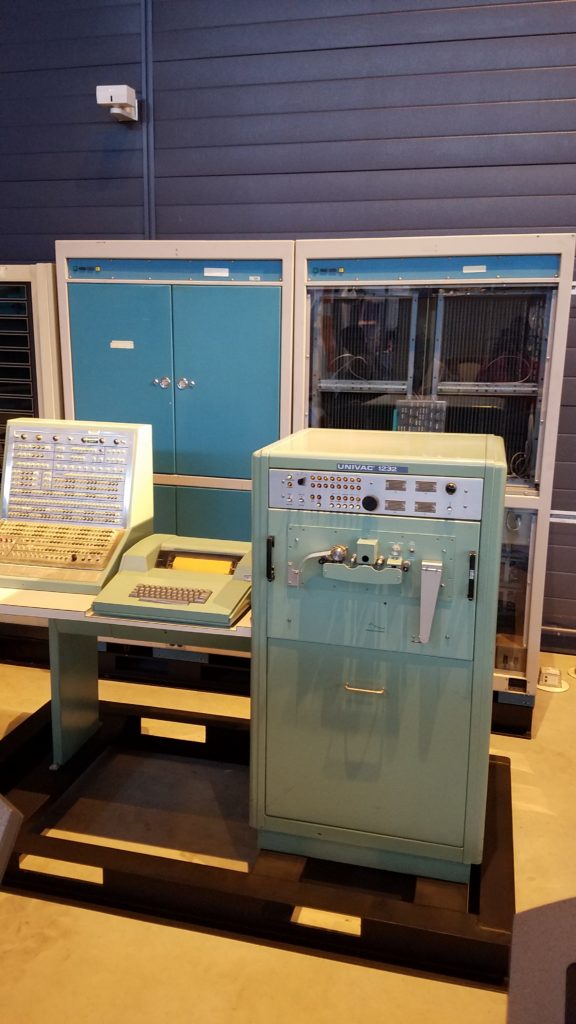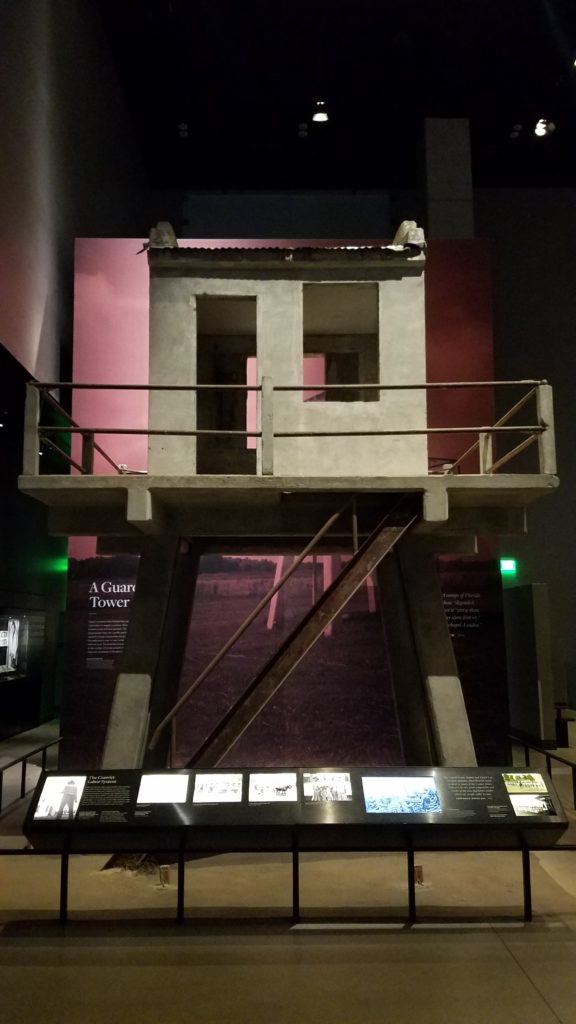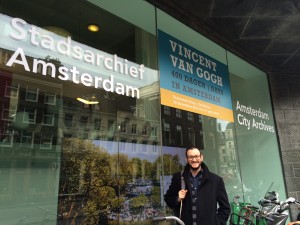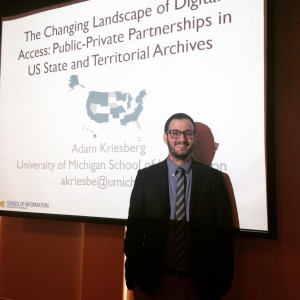This will be the first in an ongoing series here on my site where I plan to introduce and explore the laws and policies which have governed records in the United States throughout its history. In a number of the courses I teach, historical perspectives on contemporary information issues have proven to be useful for my students and I’ve regularly included these explanations as part of my lectures. To get my thoughts on these laws down on (virtual) paper, and to see what I’ve missed along the way when thinking about these topics, I will be moving through records management legal history here on the blog! With that, let’s get into the Declaration of Independence, that foundational national document which identifies records management as a concern for the then-rebellious British colonies.
The Declaration of Independence does not begin with its most famous phrase but rather with the more demure “When in the Course of human events, it becomes necessary for one people to dissolve the political bands which have connected them with another…” articulating the fact that this document represents an intention to break away from Great Britain and establish an independent country. Following this, the famous line “We hold these truths to be self-evident, that all men are created equal, that they are endowed by their Creator with certain unalienable Rights, that among these are Life, Liberty and the pursuit of Happiness” appears, establishing an ideal for the country that we’ve been holding ourselves to ever since. After these first two paragraphs, a majority of the rest of the document consists of a list of grievances the colonists have against King George III. While some of these may be familiar to those readers who have taken courses in American History, one important grievance (for our present purposes) takes aim squarely at the records and information management practices of the crown, and how this was used to rule the 13 colonies in ways that they felt was unjust.
The fourth listed grievance states “He has called together legislative bodies at places unusual, uncomfortable, and distant from the depository of their public Records, for the sole purpose of fatiguing them into compliance with his measures.” This appears before complaints about garrisoning troops in colonial homes, taxation without representation, and manipulation of the colonial judiciary. What the Second Continental Congress acknowledged with this statement was how important records are to the functioning of a representative government.
Through his powers as King, George III had the ability to dictate where colonial legislatures met. However, given that during the late 18th century copies of records, laws, and judicial decisions were not plentiful in the colonies. Therefore, when a colonial legislature was forced to meet in a secondary city, they did not always have access to the public records which they could use to conduct business, advocate to the crown, or interpret royal proclamations. This was an issue for colonial leadership as they sought to govern themselves and assert their own identity to the monarch across the ocean. When understood alongside other perceived royal misdeeds, this situation led the continental congress to vote for independence and freedom from Great Britain, leading to the Revolutionary War and the ultimate establishment of the United States as a nation of its own.
While the Declaration of Independence is not itself a records law, this important clause illustrates the an awareness of the power of information, and access to it, animated some of the conversations around American independence. As we will see in the upcoming posts in this series, other founding documents of the nation address issues related to records and information, with impacts that have lasted for centuries to come. See you then!





